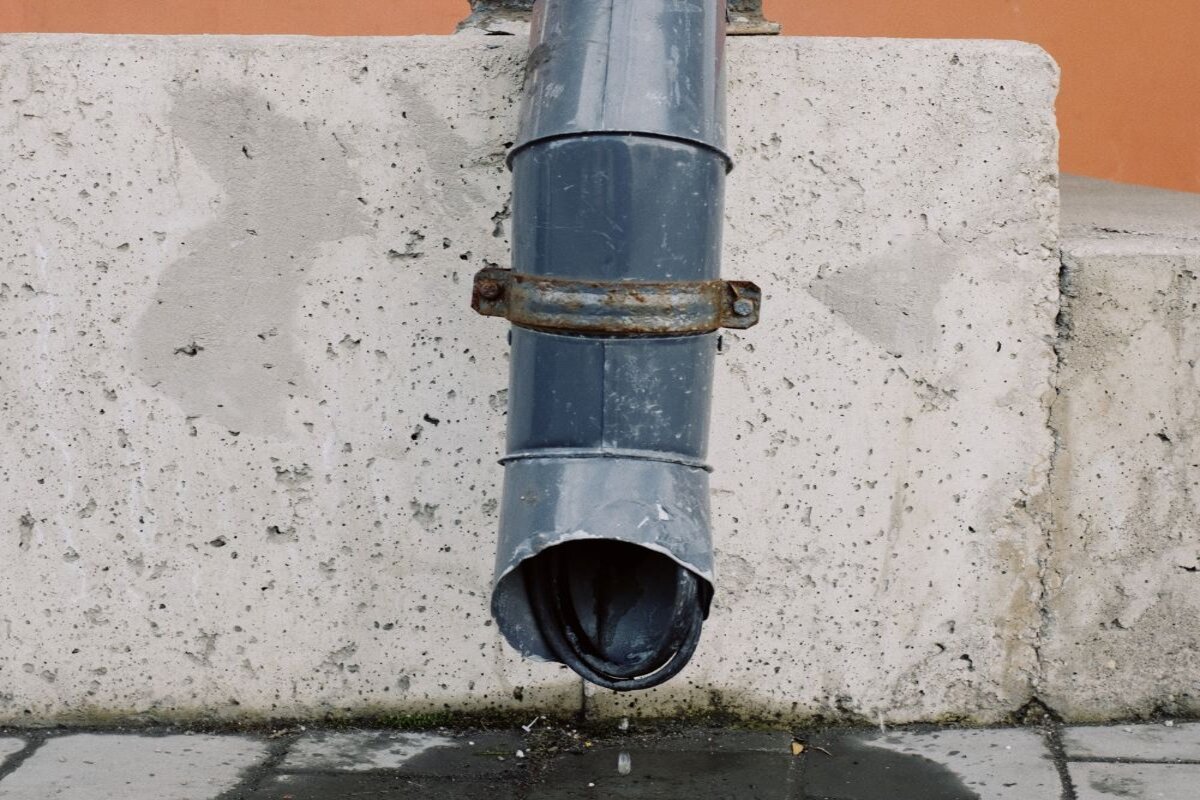Every homeowner understands the importance of maintaining the structural integrity of their residence. While many might focus on the external aesthetics, the foundation plays a crucial role in keeping the building stable. One essential aspect of this stability is ensuring a dry and robust foundation, and that’s where the concept of proper foundation drainage comes into play.
What is Foundation Drainage?
At its core, foundation drainage refers to the systems and strategies employed to direct water away from the foundation of a structure. This prevents the accumulation of moisture around the foundation, which could potentially weaken it and cause significant damage over time.
Why is it Necessary?
Rainwater, melting snow, and even naturally occurring groundwater can pose threats to your home’s foundation if not managed effectively. Proper drainage systems ensure that this water does not stagnate around the foundation, avoiding potential problems like mold growth, wall cracks, and even structural failure.
Key Components of an Effective Foundation Drainage System
Gutters and Downspouts
These are the first line of defense. By effectively channeling roof runoff away from the home, they ensure that a large volume of water doesn’t pool close to the foundation.
Grading
Grading refers to the slope of the ground around your home. A well-graded landscape will naturally direct water away from the foundation, thus serving as a passive yet effective drainage solution.
Drainage Tiles or French Drains
Positioned around the foundation, these are designed to collect water and redirect it safely away. They play an essential role in homes that are particularly susceptible to groundwater issues.
Recognizing Signs of Inadequate Foundation Drainage
It’s essential to be proactive and vigilant. Here are some indicators that your current drainage system might not be up to par:
- Mold or Mildew Growth: Especially in basements, this can be a clear indication of moisture accumulation due to inadequate drainage.
- Wall Cracks: These often result from the soil expanding and contracting due to water retention and can be a telltale sign that your drainage is lacking.
- Water Stains: Particularly on basement walls or floors. They can denote pooling water, which can be traced back to insufficient foundation drainage.
Consequences of Ignoring Proper Foundation Drainage
Ignoring the importance of good foundation drainage can have severe repercussions.
Structural Damage
The persistent presence of water can erode the foundation material over time, leading to structural weaknesses and, in extreme cases, a complete failure of the foundation.
Reduced Property Value
Potential buyers are often wary of homes with foundation issues. Not addressing drainage problems can significantly decrease the resale value of your property.
Health Concerns
Mold and mildew resulting from moisture accumulation can lead to a range of health problems, including respiratory issues and allergies.
Conclusion
Ensuring proper foundation drainage is not merely a preventative measure; it’s a proactive strategy to maintain the health and longevity of your home. It’s an investment in safeguarding the structural integrity of your residence, ensuring a safe living environment, and preserving the value of your property.
If you’re seeking more information or believe it’s time for a foundation assessment, don’t hesitate to contact us. We’re here to assist in every step of the way.

